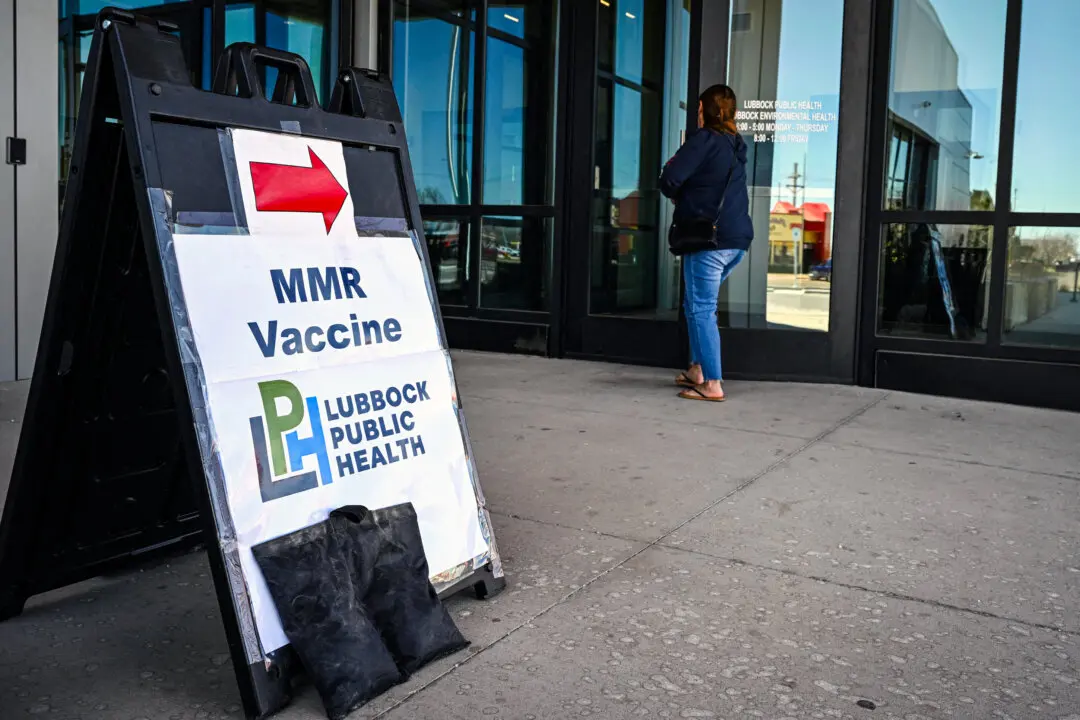Hundreds of young people who received Pfizer’s vaccine at their school reported cardiac symptoms and a significant percent had abnormal electrocardiogram results, researchers in Taiwan reported in a new study.
A second dose of Pfizer’s shot was administered to students aged 12 to 18 across four schools in Taipei in late 2021 and researchers ran electrocardiograms, or ECGs, before and after the second vaccination on the students—all of whom had already received a single dose.





